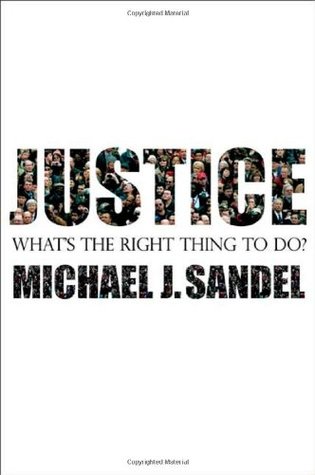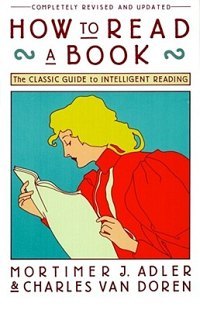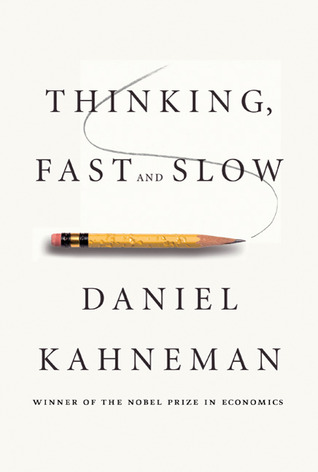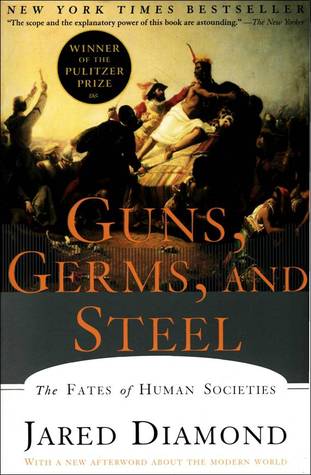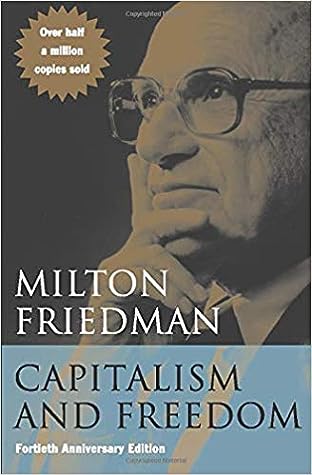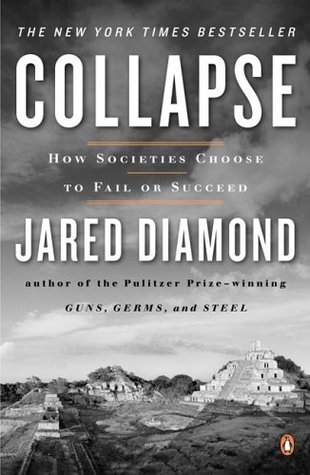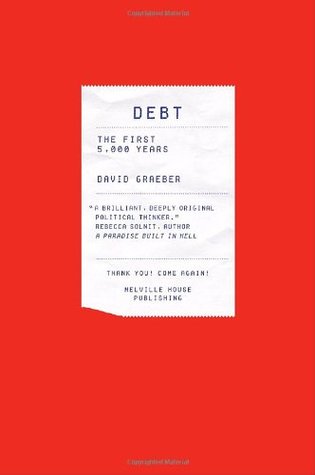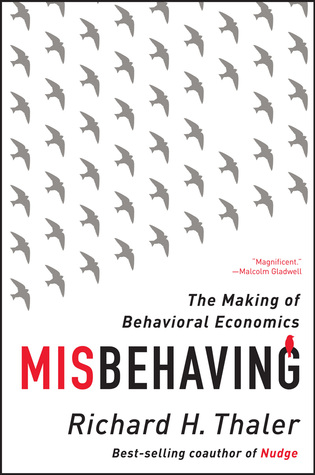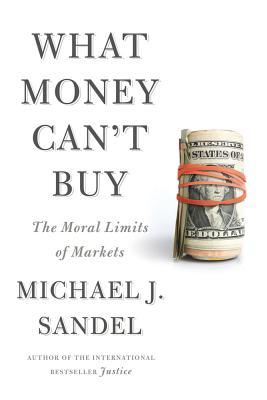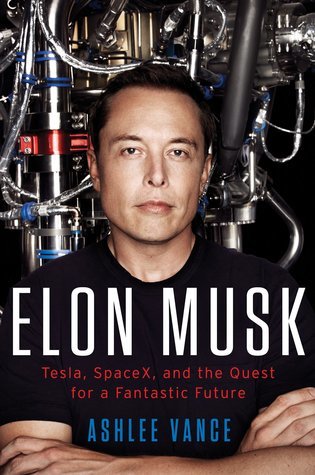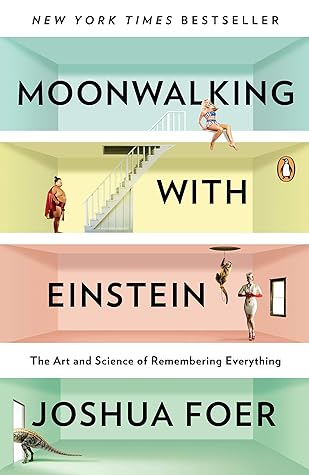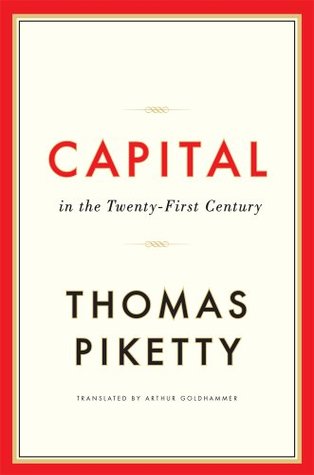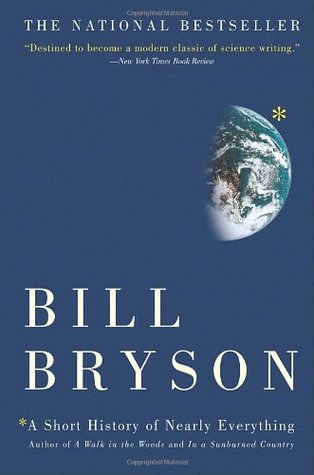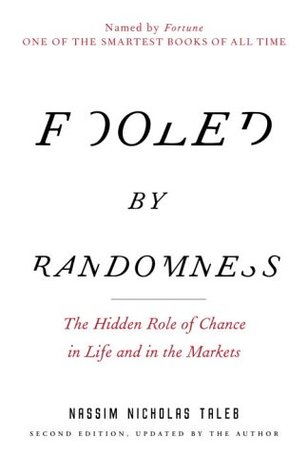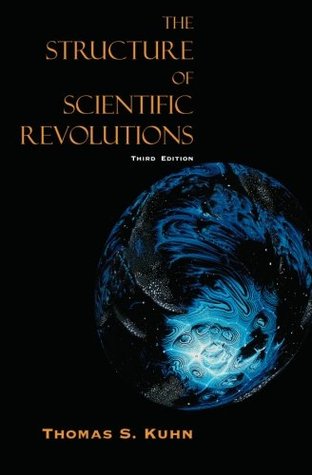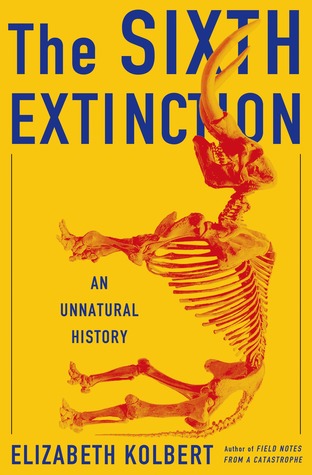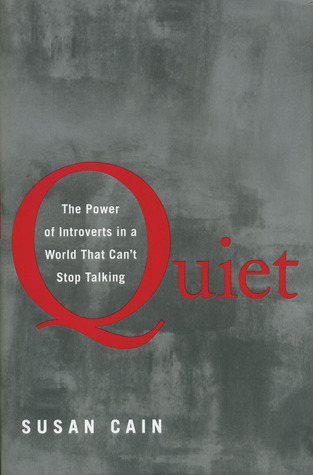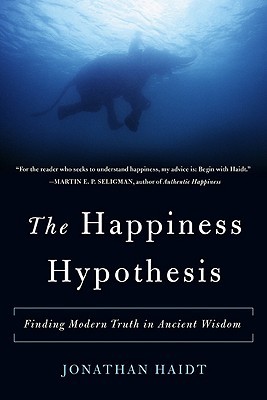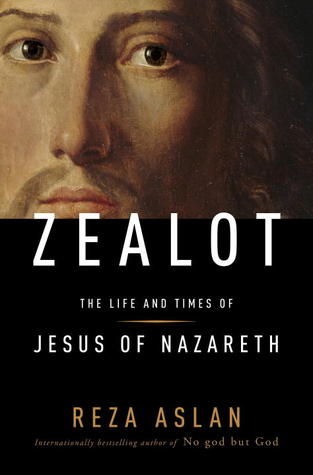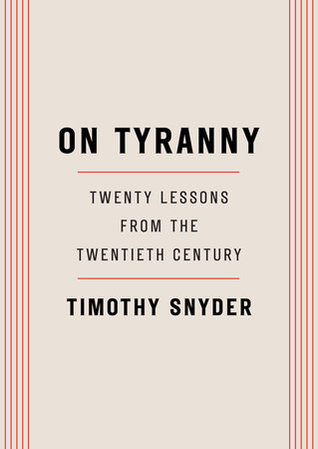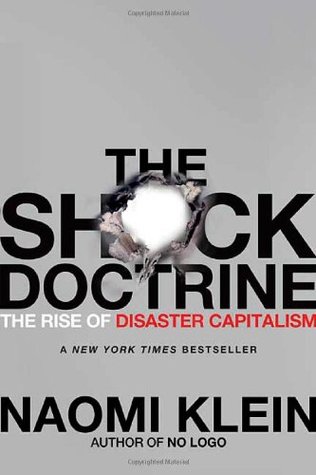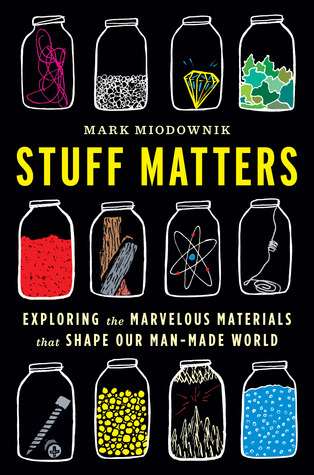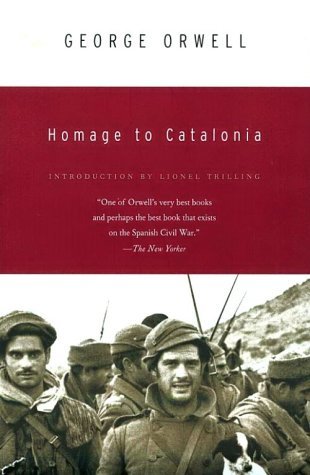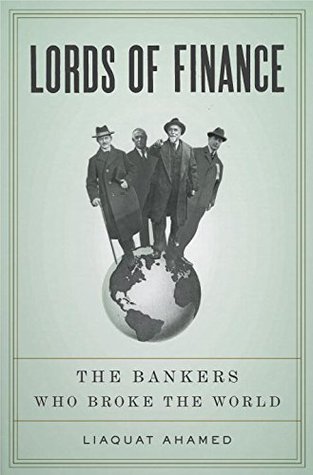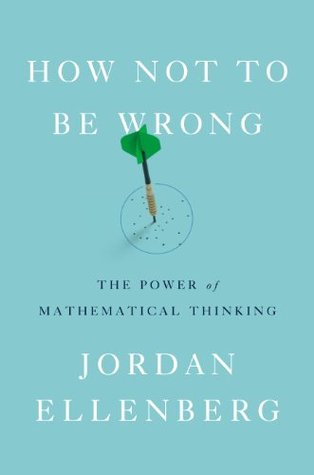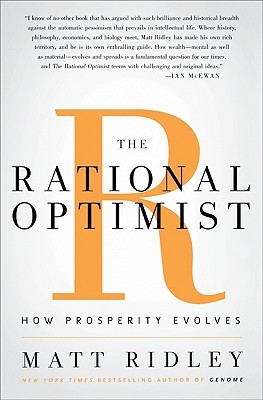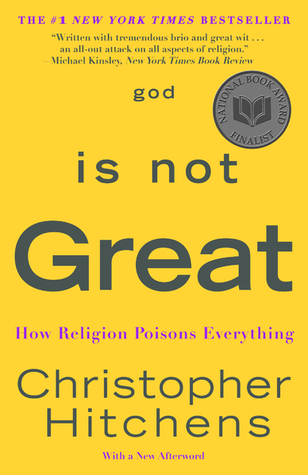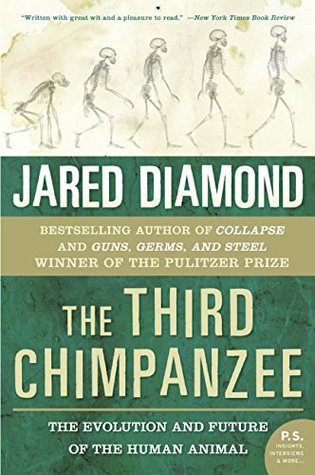Powered by a book like {foo}
Recommendations based on Economics: The User's Guideby Ha-Joon Chang
* statistically, based on millions of data-points provided by fellow humans
Justice: What's the Right Thing to Do?
by Michael J. Sandel
Exploration of moral and ethical dilemmas, seeking answers to fundamental questions of justice.
"For Michael Sandel, justice is not a spectator sport," The Nation 's reviewer of Justice remarked. In his acclaimed book—based on his legendary Harvard course—Sandel offers a rare education in ... (Barnes & Noble)
How to Read a Book: The Classic Guide to Intelligent Reading
by Mortimer J. Adler
Comprehensive guide to achieving fluency and understanding in the art of reading.
How to Read a Book, originally published in 1940, has become a rare phenomenon, a living classic. It is the best and most successful guide to reading comprehension for the general reader. And now it ... (Goodreads)
Thinking, Fast and Slow
by Daniel Kahneman
An exploration of the two systems of the mind, and how they influence decision-making.
In the highly anticipated Thinking, Fast and Slow , Kahneman takes us on a groundbreaking tour of the mind and explains the two systems that drive the way we think. System 1 is fast, intuitive, and ... (Goodreads)
Guns, Germs, and Steel: The Fates of Human Societies
by Jared Diamond
Tracing the origins of human civilizations through the lens of geography, technology, and biology.
"Diamond has written a book of remarkable scope ... one of the most important and readable works on the human past published in recent years." Winner of the Pulitzer Prize and a national bestseller: ... (Goodreads)
Capitalism and Freedom
by Milton Friedman
Analysis of economic policies and their effects on individual liberty.
Selected by the Times Literary Supplement as one of the "hundred most influential books since the war" How can we benefit from the promise of government while avoiding the threat it poses to ... (Goodreads)
Collapse: How Societies Choose to Fail or Succeed
by Jared Diamond
Study of past societies' successes and failures in terms of environmental, economic, and political decisions.
Brilliant, illuminating, and immensely absorbing, Collapse is destined to take its place as one of the essential books of our time, raising the urgent question: How can our world best avoid ... (Goodreads)
Debt: The First 5,000 Years
by David Graeber
A history of money and debt, exploring the roots of our current financial system.
Before there was money, there was debt Every economics textbook says the same thing: Money was invented to replace onerous and complicated barter systems—to relieve ancient people from having to haul ... (Goodreads)
Misbehaving: The Making of Behavioral Economics
by Richard H. Thaler
An exploration of the principles of behavioral economics and its implications for society.
Winner of the Nobel Prize in Economics, Get ready to change the way you think about economics., Nobel laureate Richard H. Thaler has spent his career studying the radical notion that the central ... (Barnes & Noble)
What Money Can't Buy: The Moral Limits of Markets
by Michael J. Sandel
Exploration of the moral and ethical implications of market-driven economies.
A renowned political philosopher rethinks the role that markets and money should play in our society Should we pay children to read books or to get good grades? Should we put a price on human life to ... (Goodreads)
Elon Musk: Tesla, SpaceX, and the Quest for a Fantastic Future
by Ashlee Vance
A revealing look into the life and accomplishments of tech innovator Elon Musk.
Elon Musk, the entrepreneur and innovator behind SpaceX, Tesla, and SolarCity, sold one of his internet companies, PayPal, for $1.5 billion. Ashlee Vance captures the full spectacle and arc of the ... (Goodreads)
Homo Deus: A History of Tomorrow
by Yuval Noah Harari
An exploration of humanity's future, and the potential paths of our species.
Yuval Noah Harari, author of the critically-acclaimed, New York Times, bestseller and international phenomenon, Sapiens, returns with an equally original, compelling, and provocative book, turning ... (Goodreads)
The Prince
by Niccolò Machiavelli
A timeless political treatise on the art of acquiring and maintaining power.
Machiavelli needs to be looked at as he really was. Hence: Can Machiavelli, who makes the following observations, be Machiavellian as we understand the disparaging term? 1. So it is that to know the ... (Goodreads)
Moonwalking with Einstein: The Art and Science of Remembering Everything
by Joshua Foer
An exploration of the science of memory and its potential to unlock hidden abilities in the human mind.
The blockbuster phenomenon that charts an amazing journey of the mind while revolutionizing our concept of memory An instant bestseller that is poised to become a classic, Moonwalking with Einstein ... (Goodreads)
Capital in the Twenty-First Century
by Thomas Piketty
An economic analysis of wealth and inequality in the modern era.
What are the grand dynamics that drive the accumulation and distribution of capital? Questions about the long-term evolution of inequality, the concentration of wealth, and the prospects for economic ... (Goodreads)
A Short History of Nearly Everything
by Bill Bryson
A captivating overview of the natural sciences, spanning the history of the universe.
In Bryson's biggest book, he confronts his greatest challenge: to understand—and, if possible, answer—the oldest, biggest questions we have posed about the universe and ourselves. Taking as territory ... (Goodreads)
Fooled by Randomness: The Hidden Role of Chance in Life and in the Markets
by Nassim Nicholas Taleb
A critical examination of the impact of randomness/chance in life and financial markets.
Fooled by Randomness, is a standalone book in Nassim Nicholas Taleb’s landmark Incerto series, an investigation of opacity, luck, uncertainty, probability, human error, risk, and decision-making in a ... (Goodreads)
The Structure of Scientific Revolutions
by Thomas S. Kuhn
An analysis of how scientific progress is made, and the role of paradigms and paradigmatic shifts.
A good book may have the power to change the way we see the world, but a great book actually becomes part of our daily consciousness, pervading our thinking to the point that we take it for granted, ... (Goodreads)
The Sixth Extinction: An Unnatural History
by Elizabeth Kolbert
Examination of the current extinction of species caused by human activity and the potential global implications.
Over the last half-billion years, there have been five mass extinctions, when the diversity of life on earth suddenly and dramatically contracted. Scientists around the world are currently monitoring ... (Goodreads)
Quiet: The Power of Introverts in a World That Can't Stop Talking
by Susan Cain
An exploration of the power of introversion, examining the implications of modern society's emphasis on extroversion.
The book that started the Quiet Revolution, At least one-third of the people we know are introverts. They are the ones who prefer listening to speaking; who innovate and create but dislike ... (Goodreads)
The Happiness Hypothesis: Finding Modern Truth in Ancient Wisdom
by Jonathan Haidt
Drawing on philosophy, religion, and science, a guide to finding greater satisfaction in life.
In his widely praised book, award-winning psychologist Jonathan Haidt examines the world’s philosophical wisdom through the lens of psychological science, showing how a deeper understanding of ... (Goodreads)
Zealot: The Life and Times of Jesus of Nazareth
by Reza Aslan
An examination of Jesus' life, death and legacy within the context of 1st century Judea.
From the internationally bestselling author of No god but God comes a fascinating, provocative, and meticulously researched biography that challenges long-held assumptions about the man we know as ... (Goodreads)
On Tyranny: Twenty Lessons from the Twentieth Century
by Timothy Snyder
A study of history and a call to action against the rise of authoritarianism.
#1, New York Times, Bestseller •, A historian of fascism offers a guide for surviving and resisting America's turn towards authoritarianism., The Founding Fathers tried to protect us from the threat ... (Barnes & Noble)
The Shock Doctrine: The Rise of Disaster Capitalism
by Naomi Klein
Examination of the exploitation of economic crises and shock tactics by governments and corporations.
In her ground-breaking reporting from Iraq, Naomi Klein exposed how the trauma of invasion was being exploited to remake the country in the interest of foreign corporations. She called it "disaster ... (Goodreads)
Stuff Matters: Exploring the Marvelous Materials That Shape Our Man-Made World
by Mark Miodownik
In-depth exploration of everyday materials and their properties, revealing their importance in our lives.
An adventure deep inside the everyday materials that surround us, packed with surprising stories and fascinating science. Why is glass see-through? What makes elastic stretchy? Why does a paper clip ... (Goodreads)
Homage to Catalonia
by George Orwell
A first-hand account of the Spanish Civil War, and the political conflicts in the 1930s.
In 1936 George Orwell travelled to Spain to report on the Civil War and instead joined the fight against the Fascists. This famous account describes the war and Orwell’s own experiences. Introduction ... (Goodreads)
Lords of Finance: The Bankers Who Broke the World
by Liaquat Ahamed
An exploration of the economic decisions of four central bankers that changed the course of history.
The book discusses the personal histories of the four heads of the Central Banks of the United States, Great Britain, France, and Germany, and their efforts to steer the world economy from the period ... (Wikipedia)
How Not to Be Wrong: The Power of Mathematical Thinking
by Jordan Ellenberg
A journey through the power of mathematical thinking, and how it can be applied to everyday life.
The, Freakonomics, of math — a math-world superstar unveils the hidden beauty and logic of the world and puts its power in our hands The math we learn in school can seem like a dull set of rules, ... (Goodreads)
The Rational Optimist: How Prosperity Evolves
by Matt Ridley
Examining the history of human progress, the book argues that human civilizations can only thrive with the exchange of ideas.
Life is getting better—and at an accelerating rate. Food availability, income, and life span are up; disease, child mortality, and violence are down — all across the globe. Though the world is far ... (Goodreads)
God Is Not Great: How Religion Poisons Everything
by Christopher Hitchens
Criticism of organized religion, arguing it is the root of much suffering in the world.
With his unique brand of erudition and wit, Hitchens describes the ways in which religion is man-made. "God did not make us," he says. "We made God." He explains the ways in which religion is ... (Goodreads)
The Third Chimpanzee: The Evolution and Future of the Human Animal
by Jared Diamond
Study of the evolution and history of the human species, exploring its relationship with other primates.
At some point during the last 100,000 years, humans began exhibiting traits and behavior that distinguished us from other animals, eventually creating language, art, religion, bicycles, spacecraft, ... (Goodreads)
